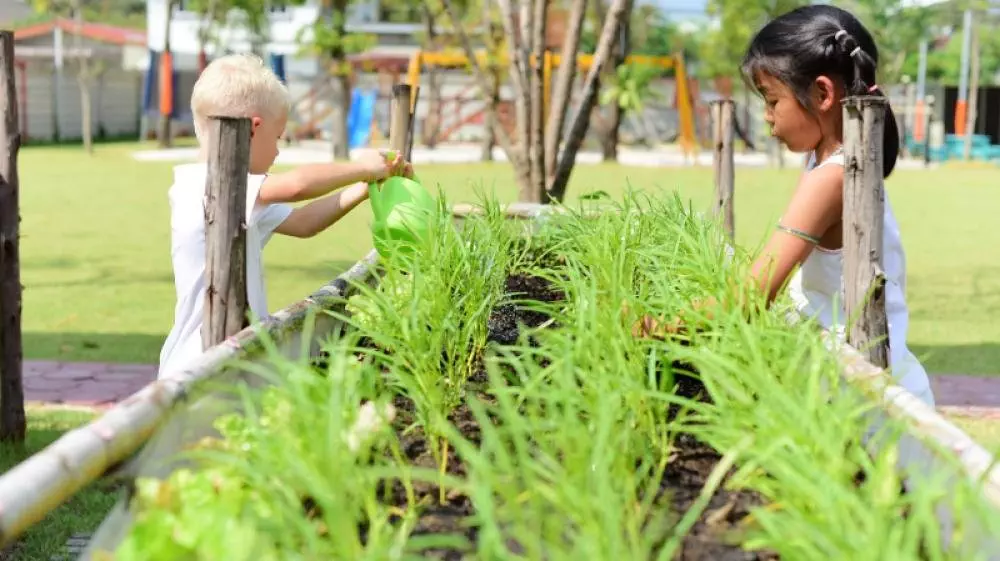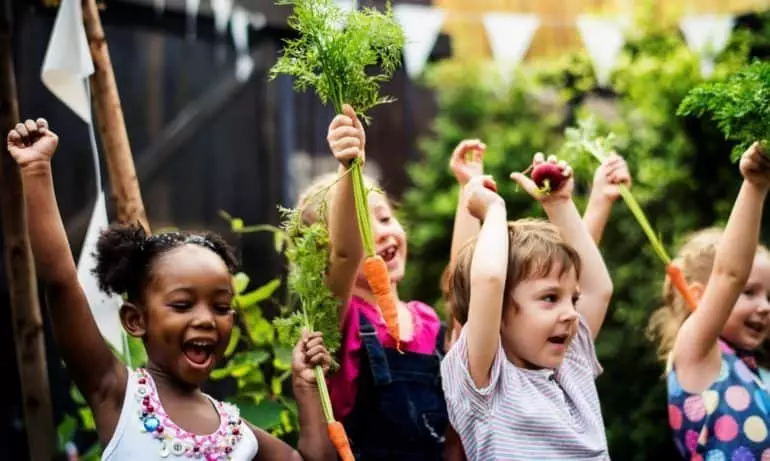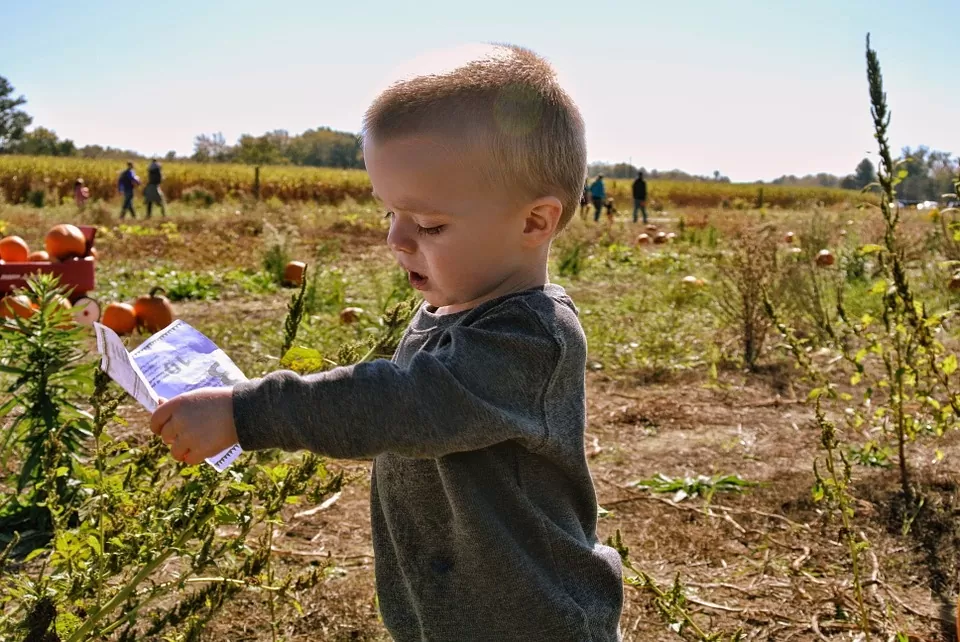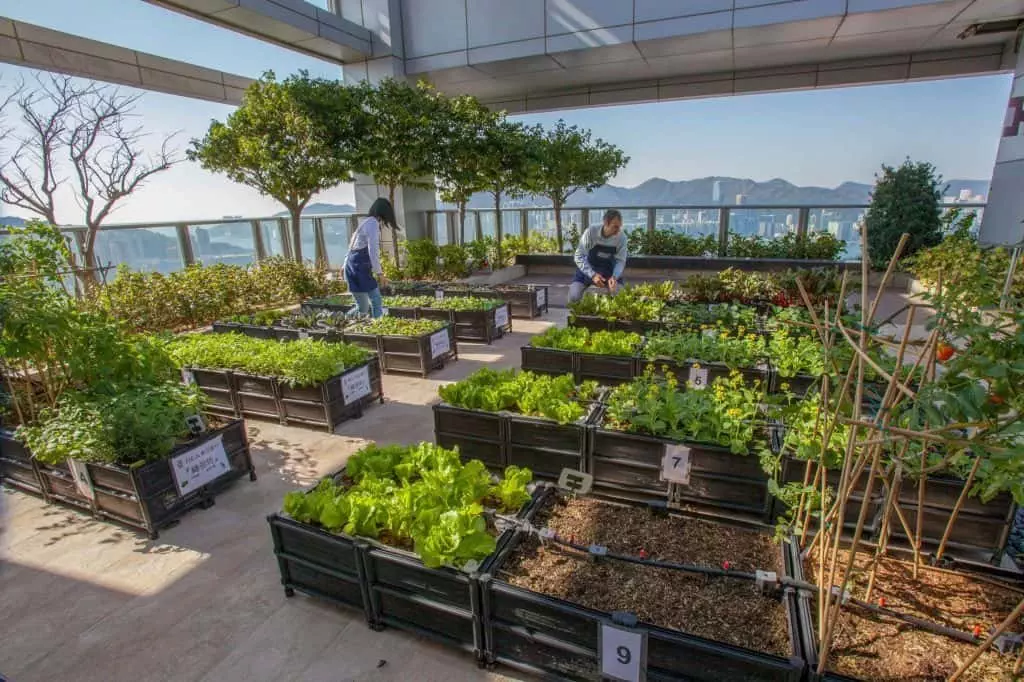The question of whether farmer children should attend kindergarten is a multifaceted issue with valid arguments on both sides. While some argue that early childhood education is crucial for all children, regardless of their background, others contend that the unique experiences of growing up on a farm provide ample learning opportunities.
This in-depth analysis explores the pros and cons of sending farmer children to kindergarten, considering the potential benefits and drawbacks for their development and future prospects.
Arguments for Sending Farmer Children to Kindergarten:
Socialization and Interaction: Kindergarten provides a structured environment where children can interact with peers, learn social skills, and develop emotional intelligence. For farmer children who may have limited exposure to other children, kindergarten can be a valuable opportunity to build relationships and develop social skills that will benefit them throughout their lives.
Early Learning and Development: Kindergarten curricula are designed to stimulate early childhood development, focusing on language, literacy, numeracy, and social-emotional skills. These foundational skills are essential for success in later schooling and life, and kindergarten can provide a strong start for children of all backgrounds.
Exposure to Diverse Perspectives: Kindergarten exposes children to a diverse range of people, cultures, and ideas. This can broaden their horizons, challenge their assumptions, and foster a more inclusive worldview. For farmer children who may primarily interact with people from similar backgrounds, kindergarten can provide a valuable opportunity to expand their social circle and learn about the wider world.
Preparation for Formal Education: Kindergarten helps children develop the routines, habits, and skills necessary for success in formal schooling. They learn to follow instructions, work independently and collaboratively, and manage their time effectively. This preparation can ease the transition into primary school and set them up for academic achievement.
Early Identification of Learning Needs: Kindergarten teachers are trained to identify potential learning difficulties or developmental delays in children. Early intervention can be crucial for addressing these issues and ensuring that children receive the support they need to thrive.
Arguments Against Sending Farmer Children to Kindergarten:
Unique Learning Opportunities on the Farm: Growing up on a farm offers children unique learning experiences that may not be available in a traditional classroom setting. They learn practical skills such as animal care, gardening, and basic mechanics. They also develop a deep understanding of nature, the environment, and the importance of hard work and responsibility.
Limited Access and Transportation Challenges: For families living in rural areas, accessing kindergarten may be challenging due to distance, transportation costs, or lack of available programs. This can create a barrier to participation and limit educational opportunities for farmer children.
Financial Constraints: Kindergarten fees and associated costs, such as uniforms and supplies, can be a financial burden for some farm families, especially those with multiple children. This can make it difficult for them to afford kindergarten for their children.
Differing Values and Priorities: The values and priorities of farm families may not always align with those of traditional education systems. Some farmers may prioritize practical skills and knowledge over academic learning, believing that their children will learn everything they need to know on the farm.
Potential for Negative Social Experiences: Some farmer children may experience bullying or discrimination from their urban peers due to differences in background, culture, or values. This can negatively impact their self-esteem and social development.
Conclusion:
The decision of whether or not to send farmer children to kindergarten is a personal one that should be based on the individual needs and circumstances of each family. While kindergarten offers undeniable benefits in terms of socialization, early learning, and preparation for formal education, it’s important to acknowledge the unique learning opportunities and challenges faced by farmer children.
Ultimately, the best approach may be a hybrid model that combines the benefits of both formal education and farm-based learning. This could involve enrolling children in part-time kindergarten programs, incorporating farm-related activities into the curriculum, or providing additional support and resources for farmer children in mainstream schools.
By embracing a flexible and inclusive approach, we can ensure that all children, regardless of their background, have the opportunity to reach their full potential.
Originally posted 2024-06-06 08:58:36.





